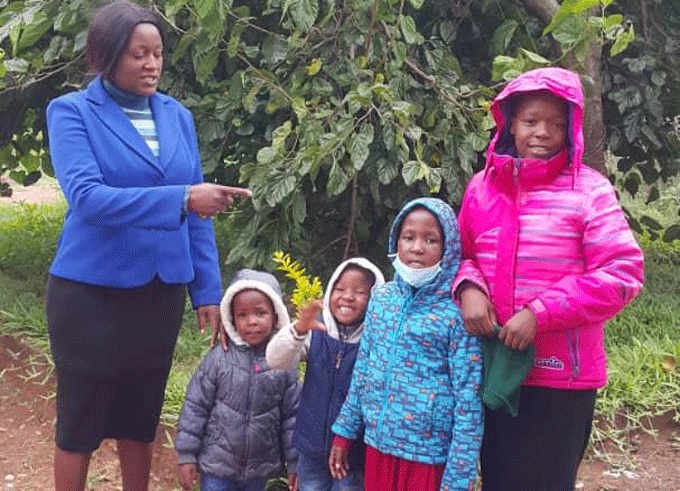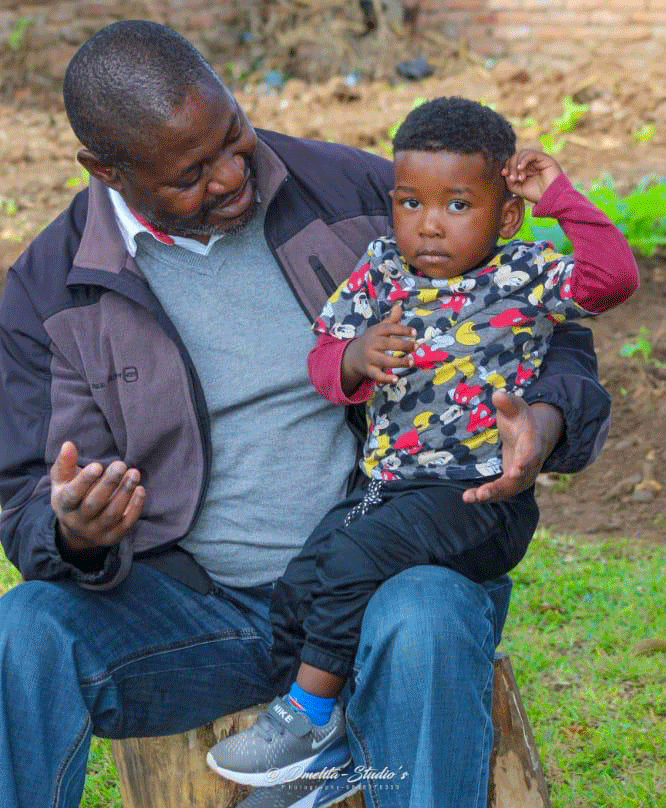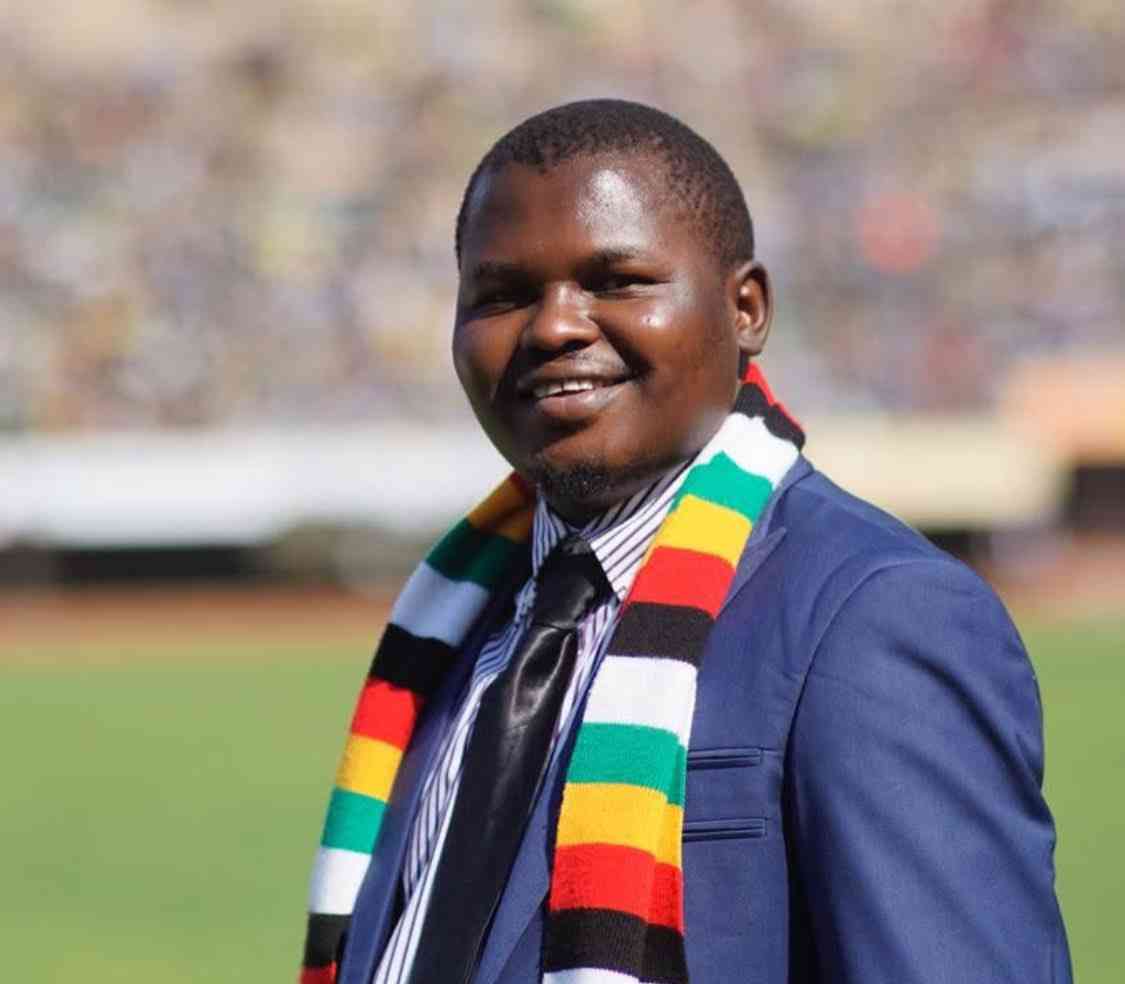
BY TATENDA CHITAGU
LOCADIA Mavhudzi (38) celebrates her birthday only once ever four years.
Not that she is ritualistic or believes in any occult.
Mavhudzi, who runs her media start-up called Baobab Times, was born on February 29, 1984, a leap year.
While most people celebrate their birthdays annually, those born during a leap year have to wait for four years to celebrate the same.
In-between, Mavhudzi will be ‘birthday-less,’just like all other leap day babies-as her birthdate will not be appearing on the calendar.
“I was born at Mutare General Hospital. My parents obtained my birth certificate long after I was born,” Mavhudzi said.
“My father decided not to put the date February 29 as my birth-date as he feared the date would create problems for me in future as it was not on the calendar every year.
- Chamisa under fire over US$120K donation
- Mavhunga puts DeMbare into Chibuku quarterfinals
- Pension funds bet on Cabora Bassa oilfields
- Councils defy govt fire tender directive
Keep Reading
“So he put 29 March as my birthday.
“My parents were peasant farmers and I think they believed there is a myth or omen associated with leap years.
“I was told of this much later in my teens.”
Birthdays are special to celebrate the gift of life and also save a stark reminder that one is not growing younger.
So how does Mavhudzi and other leap lings as leap day babies are often called ‘celebrate’ her birthday during the lean years?
“For me life goes on and I believe my life is a blessing,” she said.
“Every year I just celebrate on the last day of February despite the nonexistence of my birthdate on the calendar.
“I do not feel bad when it is not a leap year.
“I always celebrate life in the sense that the years and days are passing by.
“For me, that is important, not the date.
“I always receive birthday messages on social media like this year despite the nonexistence of the day.
“It is motivating to see that my social circles still send birthday wishes and presents even if it’s not a leap year.”
For Anorld Namanja, another leap ling from Malawi born in 1976, his birthday always passes unnoticed.
“When it is not a leap year my birthday goes by silently,” he said.
Kalele Tsakani Makiwa, a radio personality with Hevoi FM in Masvingo, said he celebrates his birthday twice: on February 28 and March 1.
“I have adopted a culture of celebrating my birthdays twice; that is on the 28th of February and on the 1st of every March,” he said chuckling.
“I started finding my situation unique and got comfortable celebrating during those days to an extent that I am not even keen to meet the 29th that comes after every four years.
“The point is just because we do not get to have the 29th of February every year does not mean that one has not added another year because time and years keep moving, that is why l always celebrate anyway.
“Not having my birth date on the calendar is no longer an issue to me as it is not really about the date.
“Some people still grow older, but they do not grow up. It’s not really about the date being there or not, there is more to it.”
And when it is a leap year?
“My family tries to make my birthday special as if the 29th is on the calendar.
“They celebrate with me and take me out. We celebrate with the extended family.
“I am treated as an extraordinary person and an icon,” said Mavhudzi, a single parent with four children-two sets of twins.”
Since 2020 was a leap year, Mavhudzi, Makiwa and Namanja have to wait until 2024 to have ‘normal’ birthday celebrations.

“Come 2024, I will make sure I will make the celebrations extra special, bigger and better,” Makiwa, a media studies graduate from Great Zimbabwe University (GZU) said.
Namanja, who is from Hiwa village in Neno district in the southern region of Malawi said he often makes his birthday celebrations bigger to cover up for the lean years.
“When my birth date re-appears on the calendar, I usually celebrate the day with a lot of colour and pomp characterised by outdoor parties with family and friends,” he said.
“I was privileged in 2020 to receive a large pizza courtesy of KFC Restaurant in Malawi, which was dishing out pizzas to all those born on 29 February upon production of national IDs as evidence,” he said.
Leap year traditions and myths
There are many beliefs and myths associated with leap years.
In Greek culture, tying the knot on February 29 is considered unlucky.
One such tradition is that women can propose to men on leap day and that on St Valentines’ Day, it’s the women who give men presents.
Another common myth worldwide is that Leap Day is associated with bad luck-probably giving credence to Mavhudzi’s father changing her birthday on her birth certificate.
But Mavhudzi, a holder of a diploma in mass communication from the Harare Polytechnic and another diploma in Paralegal studies from the Midlands State University, thinks otherwise.
“I consider leap year babies as very special people with special blessings; they are so loving and kind and have peculiar characteristics that benefit society,” she said.
“We are special and have inherent things in us that you can’t take away.
“Leap day babies should be recognised and honoured at societal and national level.”
Makiwa, who hails from Rudhanda in Zaka district, echoed the same sentiments.
“I do not believe in myths. Back then I was told of the myths and superstitions, but I did not take them seriously,” he said.
“In fact, I believe that being a leaping I am a special somebody.
“I have not seen anything awkward or queer about February 29,” he said.
The same applies to Namanja.
And the leap day babies may be vindicated.
According to Ellen Castelow, a blogger with British history and heritage magazine, Historic-uk.com, our everyday calendar is an artificial human construct established to help us make sense and document history.
“The time it takes for the earth to rotate is 365¼ days but the calendar year is 365 days, hence once every four years to balance this, we have a leap year and an extra day, February 29.
“Because such years are rarer than normal years, they have become lucky omens.
“Indeed the 29th February itself is an especially important day. Anything started on this day is sure of success.”
For Mavhudzi, Makiwa and Namanja, if they want any joy during non leapyears, they might consider migrating to New Zealand.
There it is legally specified that their birthdays are February 28 or March 1.










